Designing for Connection: Why Combating Loneliness at Work (and Beyond) Matters
Designing for Connection: Why Combating Loneliness at Work (and Beyond) Matters
At The Culture and Design Lab, we believe great design starts with empathy - and sometimes, that means tackling deeply human challenges, like loneliness.
We’re incredibly proud to support our Design and Growth Lead, Ngapeita Leilua-Gotz, as she works toward her Master’s in User Experience Design at Te Herenga Waka - Victoria University of Wellington. Her current research explores an issue many adults know all too well but rarely speak about: how hard it can be to make new friends.
As an Auckland-based designer, Ngapeita wanted to look at how isolating the city can be - especially when you're no longer in school, no longer surrounded by built-in social networks, and busy juggling work, family and life. This led her to a timely research question:
How do adults in Auckland navigate the process of making new friends, and what challenges do they face in forming meaningful connections?
Through a series of in-depth interviews, Ngapeita uncovered some powerful, personal insights that reflect a broader societal trend.
What the Research Revealed
Ngapeita spoke to adults who had all moved to Auckland from other cities or countries - far from their family and long-time friends. Despite living in a busy city, they experienced loneliness in their day-to-day lives. Some of the key themes from her research included:
• Distance from loved ones: Without close friends or family nearby, many felt emotionally disconnected despite the physical proximity of others.
• Social barriers: Fear of rejection, social anxiety, and not knowing how others might respond kept people from reaching out.
• Lack of organic environments: Opportunities for spontaneous, natural social interaction declines as we age - especially outside of school or early-career environments.
• Overloaded schedules: Work, parenting, and general life commitments often leave little time or energy for nurturing new friendships.
• Need for real connection: It’s not just about being social - it’s about forming meaningful, two-way relationships rooted in shared interests and values.
• Accessibility challenges: Auckland’s sprawl and traffic made it harder for people to maintain connections or meet new people nearby.
• Proactive efforts: People were trying to make friends - from volunteering to joining friend groups - but it often meant stepping out of their comfort zones and making a lot of effort.
• A desire for spontaneity: Participants missed the ease of calling someone up for coffee without planning it weeks in advance.
Reframing the Problem
Based on these findings, Ngapeita reframed the problem as:
“How might we enable people in Auckland to easily find others who share similar interests, live nearby, are available, and want to build genuine friendships?”
She is now prototyping ideas - including a friend-finding app designed specifically for adults in Auckland - that would help create more intentional, accessible and authentic pathways to connection.
Loneliness: A Business Risk Too
Ngapeita’s research doesn’t just resonate with her interviewees on a personal level - it aligns with broader workforce trends that are now impossible for businesses to ignore.
According to Gartner’s Future of Work insights, loneliness is emerging as a critical factor impacting employee performance, wellbeing and engagement. In fact, it's being recognised as a legitimate business risk.
In a hybrid, post-pandemic world, where many people work remotely or in siloed teams, fostering genuine human connection at work has become not just a nice-to-have, but a strategic imperative.
Forward-thinking organisations are actively exploring how to design for connection - whether through better onboarding, social activities, digital platforms or workplace culture initiatives. When employees feel emotionally supported and socially connected, they’re more engaged, collaborative and resilient.
Designing with Purpose
Ngapeita’s project is an example of how UX design can be a force for good - not just in digital experiences, but in tackling real human needs.
At The Culture and Design Lab, we’re inspired by her commitment to designing with empathy and purpose. We believe her work is part of a larger shift - one that values connection as a cornerstone of wellbeing, both inside and outside of work.
We’ll be sharing more updates as her project unfolds. In the meantime, it’s worth remembering: Good design doesn't just solve problems. It brings people closer together.
The Culture and Design Lab empowers workplace leaders to create social cohesion at work. We use indigenous knowledge, design, and strategy to foster inclusion and belonging in the workplace.
